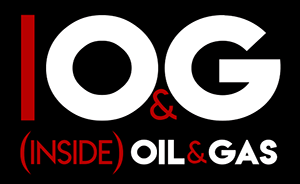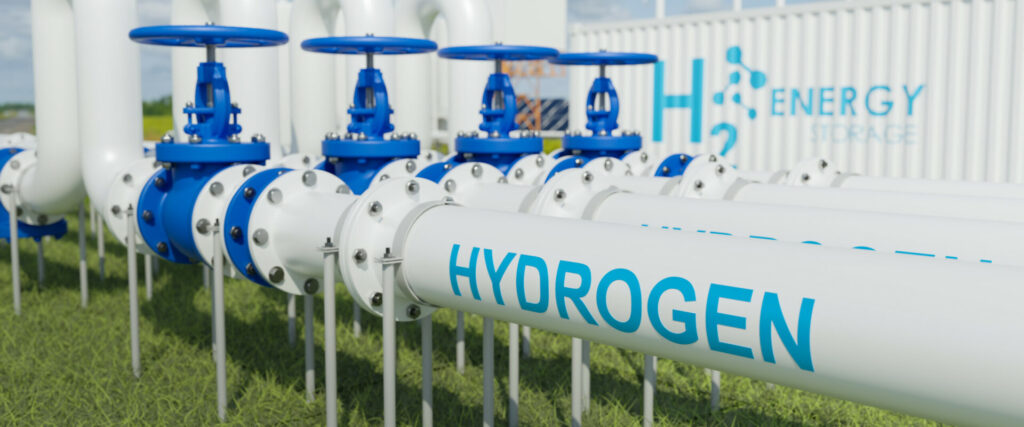UK-based Net Zero Technology Centre (NZTC) and German-based Cruh21 have launched a report that will help unlock the full potential of a green hydrogen collaboration between Scotland and Germany.
The ‘Enabling Green Hydrogen Exports: Matching Scottish Production to German Demand’ report analyses Scottish hydrogen production and German demand. It does this by creating matching scenarios for hydrogen export and consumption, exploring multi-sector end use, the technologies, infrastructure and regulatory frameworks required to enable a safe and effective distribution of hydrogen.
The report indicates prospective Scottish hydrogen exports could potentially satisfy 22% to 100% of Germany’s hydrogen import volume by 2045.
Two critical developmental stages are identified in the report. The first stage looks at the short term, up to 2030. This encompasses early production and end-use activities preceding the installation of hydrogen pipelines to export 35 TWh of hydrogen.
The second stage looks at a period of 2030-2045 and involves the commissioning and ramp-up of pipeline infrastructure to facilitate enhanced distribution at a low cost to export 94TWh of hydrogen.
To address challenges, and capitalise on opportunities, the report identifies actions including the need for conducting comprehensive research, prioritising infrastructure investments, strengthening energy partnerships, monitoring market dynamics and reassessing export targets to align with evolving demand trends.
Ana Almeida, Senior Project Engineer, NZTC said: “Whilst the potential for hydrogen production in Scotland is well understood alongside the scale of predicted demand in Germany, there is a lack of tangible strategies connecting supply and demand and its evolution from present day to 2045, when both countries aim to achieve Net Zero carbon emission targets. The scenarios outlined in this report illustrate pathways to maximise the opportunity of international hydrogen distribution. Developing the report in collaboration with Cruh21 also ensured the barriers and benefits for both countries were fully considered.”
Meryem Maghrebi, consultant at cruh21 said: “This report provides a holistic overview and stresses the necessity of developing a synchronised hydrogen and derivatives infrastructure, encompassing export terminals and pipeline networks, to bolster the hydrogen supply chain between Scotland and Germany. The critical factors to accelerate collaboration between Scotland and Germany lie in mapping supply and demand development and the establishment of Pan North Sea transport infrastructure. The cooperation with NZTC is a first step towards this goal.”
Cabinet Secretary for Net Zero and Energy Mairi McAllan said: “Scotland is strongly positioned to become a major exporter of hydrogen to Northern Europe and the UK – contributing to our climate objectives and to green economic property for our nation. Today’s report, which the Scottish Government commissioned and funded, explores how to match Scottish hydrogen production to German hydrogen demand.
“Green hydrogen that is created with renewable electricity will help to reduce our emissions for hard to decarbonise sectors in Scotland and could also be a great export opportunity to the rest of the UK and to our European neighbours. We are determined to realise this opportunity and will shortly be publishing an export plan for to this end.”
This latest report, which focuses on the off-taker potential and on cross-border distribution of the volumes of hydrogen available, complements NZTC’s Hydrogen Backbone Link report, which evaluates transport infrastructure and specifically the reuse vs new build of a dedicated hydrogen pipeline.


